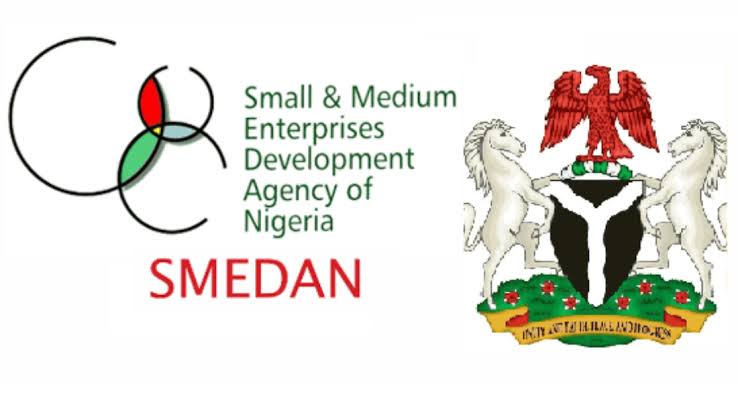The latest SMEDAN update shows the agency pushing harder than ever to transform the future of small businesses in Nigeria. From fresh partnerships to expanded funding support, SMEDAN is proving its commitment to helping entrepreneurs thrive despite the nation’s economic challenges. With renewed energy and more structured programmes, the agency is building confidence among entrepreneurs, investors, and communities that depend on small businesses.
SMEDAN Director-General Charles Odii recently confirmed that the agency secured over ₦11 billion to support small businesses. This funding has already facilitated nearly 100,000 jobs in just two years. Many entrepreneurs see this as a breakthrough, not only because it provides capital but also because it sends a strong message that the government is serious about empowering small enterprises. The announcement is timely because access to finance remains the most critical challenge for most businesses across the country.
In addition, SMEDAN signed a Memorandum of Understanding with Fidelity Bank to expand access to affordable loans. This partnership also focuses on training, business support, and market access to ensure small businesses do not just survive but also grow sustainably. Many entrepreneurs have expressed optimism because this deal offers them a fair chance to expand without drowning in heavy interest burdens. It also shows that banks are now more willing to trust the small business ecosystem when supported by credible agencies.
Beyond financing, SMEDAN is rolling out bold initiatives to strengthen various sectors. The talent-hunt programme is uncovering young entrepreneurs who may otherwise remain hidden. The Garment and Textile Cluster Growth Support Scheme is breathing new life into local manufacturing, while the Agri-business Development and Empowerment Programme is creating new opportunities in food production. Each initiative shows that SMEDAN is thinking beyond cash handouts and is instead investing in the structural needs of Nigerian businesses.
To ensure long-term impact, SMEDAN is restoring Industrial Development Centres in states such as Abuja, Osun, and Katsina. These centres provide machinery, production tools, and technical training that small businesses could never afford on their own. By doing so, SMEDAN is helping entrepreneurs reduce production costs, improve efficiency, and reach markets faster. Many observers believe this practical support will encourage more youths to see entrepreneurship as a viable career path.
The creative industry is also catching SMEDAN’s attention. The Nigerian Gallery of Art has begun educating artists on how to access SMEDAN funds. This effort encourages artists to view their work as both passion and business. It also ensures that they organize themselves in associations that can access funding and training. With more artists gaining business knowledge, the creative industry could soon join agriculture and manufacturing as a major driver of growth.
SMEDAN has equally launched a matching fund programme to support agro-based small businesses. Under this scheme, entrepreneurs share investment responsibility with SMEDAN or its partners, reducing risks for both sides. This innovative approach is already attracting attention because it blends government support with private initiative. It also teaches entrepreneurs the discipline of co-investment rather than complete dependence.
This renewed energy around SMEDAN is exciting for many Nigerians. Entrepreneurs now see clearer pathways to growth, investors have stronger confidence, and communities are gaining jobs. With the right consistency and accountability, these efforts could finally help small businesses move from surviving to thriving. The SMEDAN update proves that the future of Nigeria’s economy may truly rest on the shoulders of its small businesses, and with these fresh reforms, that future looks brighter than ever.




